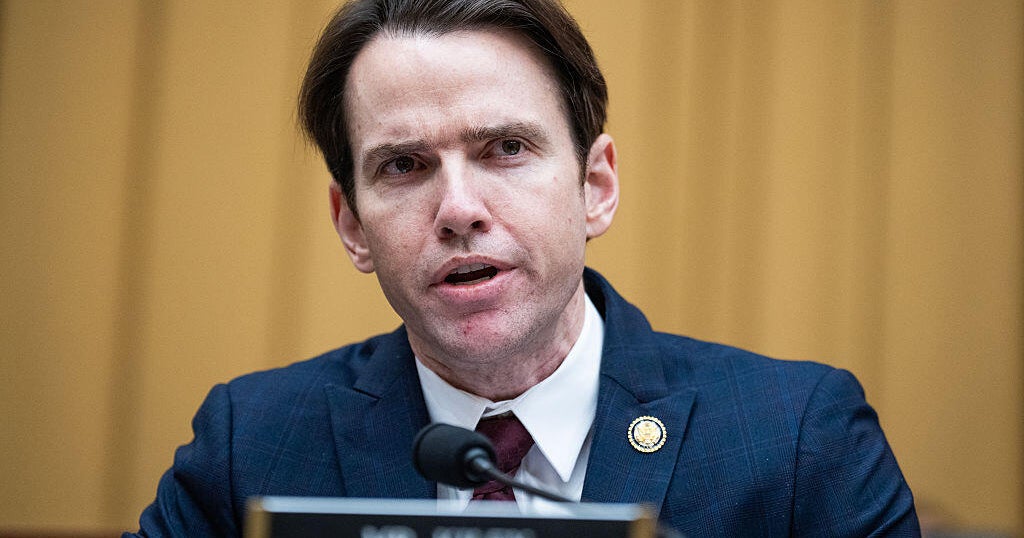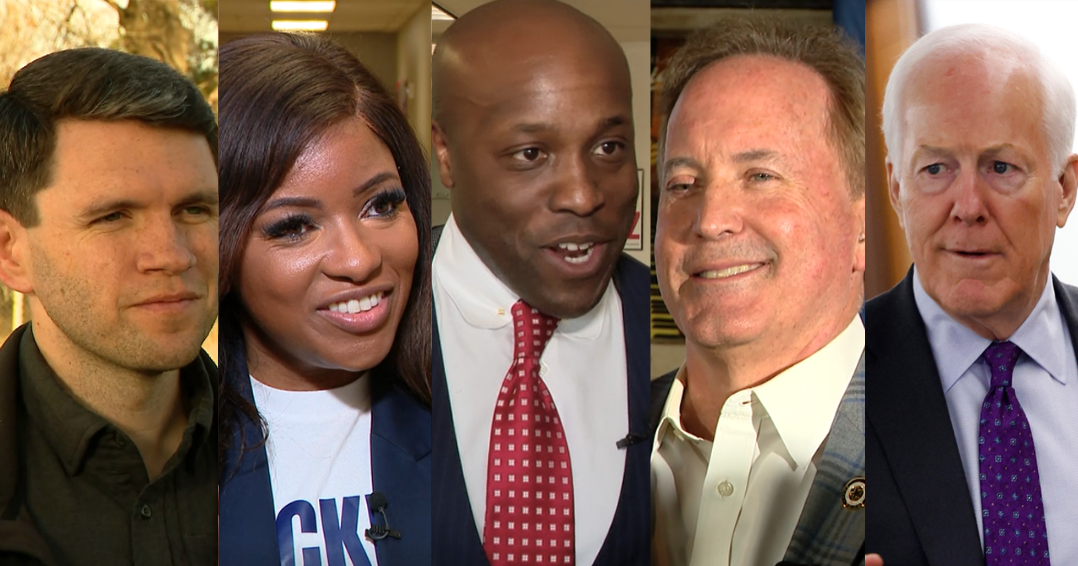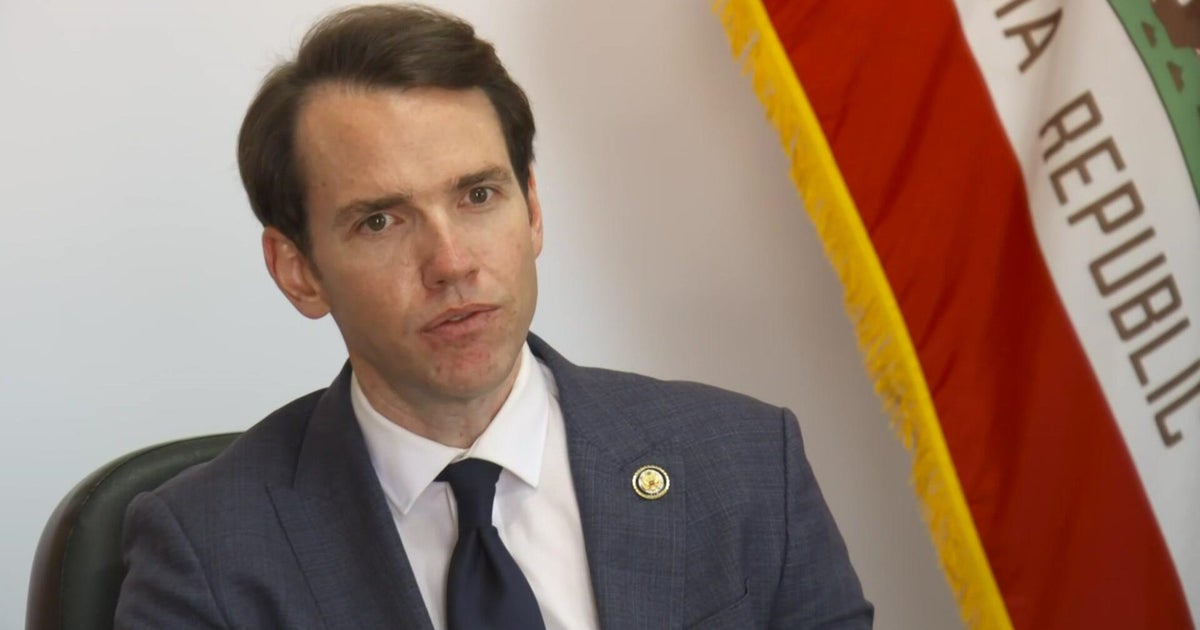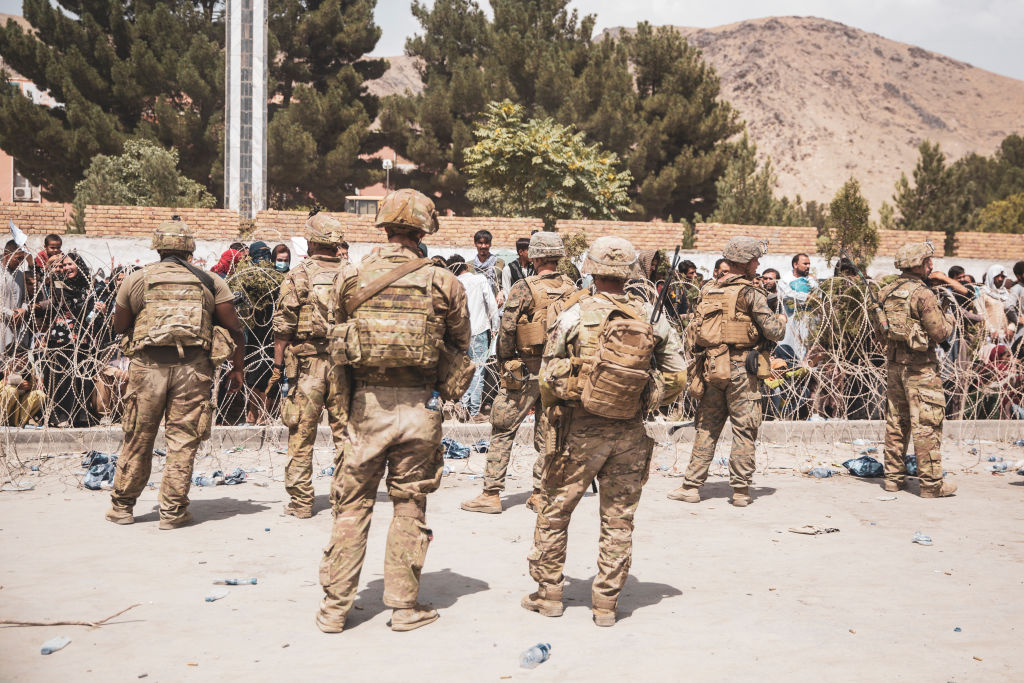Rep. Will Hurd – from CIA operative in Kabul to Texas congressman
In a wide-ranging conversation on this week's episode of Intelligence Matters, Congressman Will Hurd, R-Texas, tells host and CBS News senior national security contributor Michael Morell about his transition from an undercover CIA operative in Kabul to an elected public official -- who also serves as a member of the House Intelligence Committee.
"Every time I travel overseas and I meet with my fellow parliamentarians, they all ask us questions about what their intelligence services are doing because it is rare to have civilian oversight of the intelligence community," Rep. Hurd said. "I'm glad I'm able to be there to leverage my understanding in having almost a decade in the [intelligence] community and know how it works."
Hurd replaced former Rep. Mike Pompeo, R-Kansas, on the committee when Pompeo was tapped for CIA director in 2017. Hurd acknowledged his time on the committee, which completed its year-long investigation into Russian election meddling in March, has been eventful. The committee was bitterly divided along party lines over the way the investigation was conducted, and disagreed about the findings. The majority found no evidence of collusion between the Trump campaign and Russian officials but did cite what it described as "poor judgment" and "ill-considered actions" by the campaigns of Donald Trump and Hillary Clinton.
"I always think the best way to do things is together in a bipartisan way," he told Morell. "It was unfortunate that things began to break down. But we also found at our federal law enforcement and intelligence agencies it appeared that the political leaders of those organizations were putting their thumb on the scale. And we give so much authority to these individuals…that we have to hold them to the highest standard," Hurd said.
He also defended the Intelligence Committee's chairman, Rep. Devin Nunes, R-California, whose efforts to obtain sensitive information from the Justice Department made repeated headlines this week. "Devin is ultimately doing what he thinks is best," Hurd said. "And he cares about the institutions…within the intelligence community."
Hurd stood up for the committee, too, telling Morell, "I think your listeners need to know that the intelligence committee is more than just one person. And that there is many of us who are trying to work in a bipartisan way."
Morell and Hurd also discussed a range of current and evolving national security threats facing the United States, including the fallout from withdrawing from the Iran nuclear deal, the strategic threat posed by an increasingly assertive China, and the best way to address the asymmetric strategies still being employed by Russia.




